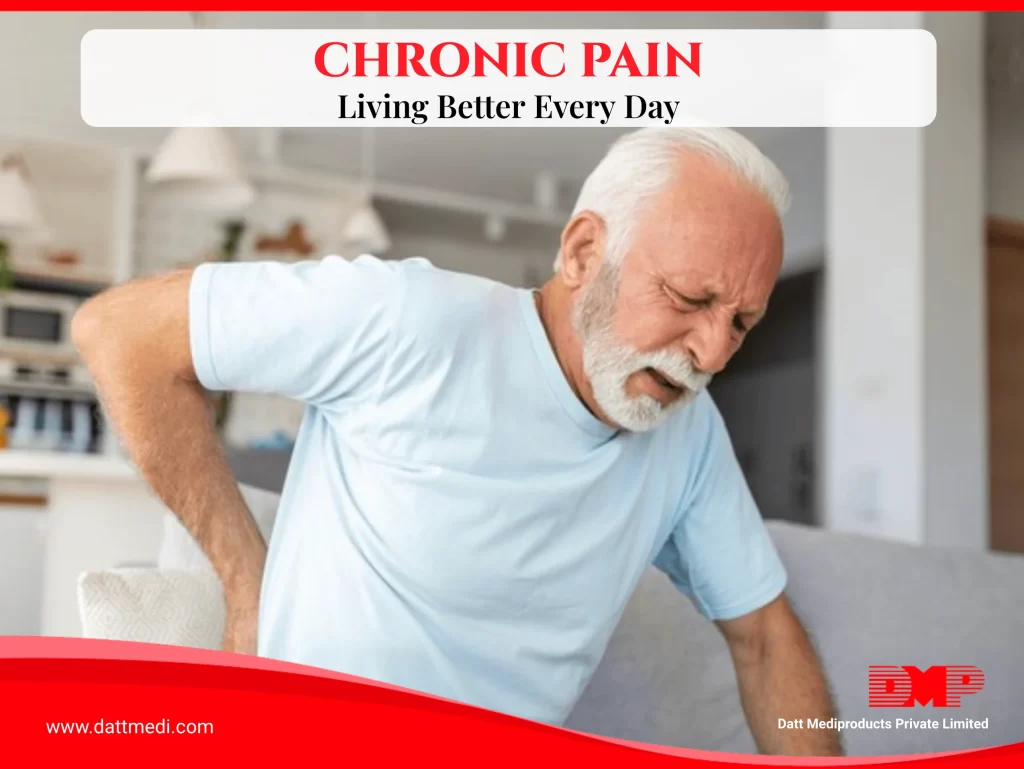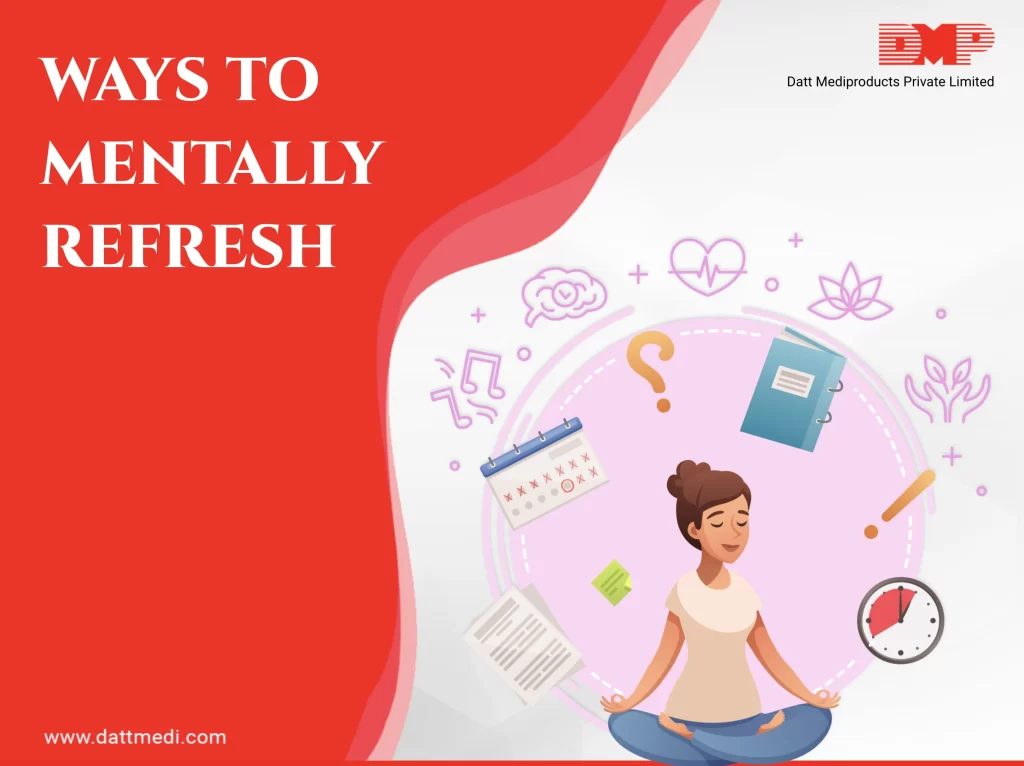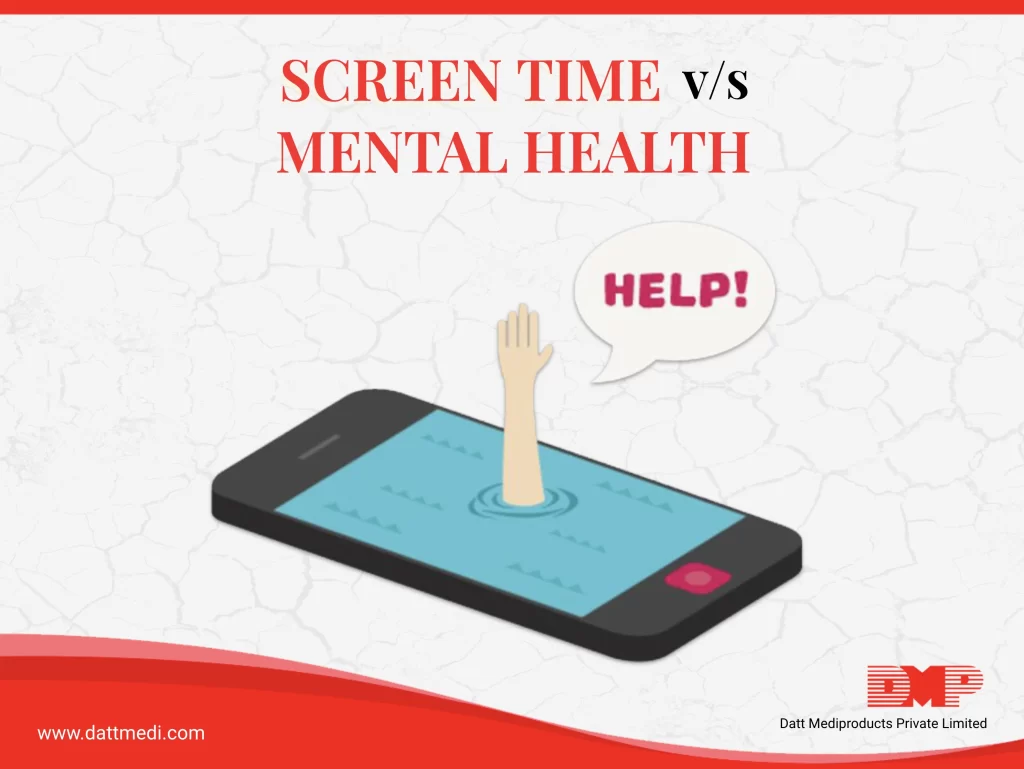
Chronic pain is a pervasive issue that affects millions of individuals worldwide, significantly altering their daily lives and overall well-being. Unlike acute pain, which serves as a signal of injury or illness and typically subsides with treatment, chronic pain persists for weeks, months, or even years. This relentless discomfort can arise from various conditions such as arthritis, fibromyalgia, and nerve damage. The impact of chronic pain extends beyond the physical realm, often leading to emotional distress and reduced quality of life.
In this blog, we will delve into effective strategies for managing chronic pain, focusing on coping techniques, nutrition, emotional well-being, and lifestyle adaptations. By understanding and addressing the multifaceted nature of chronic pain, individuals can improve their daily lives and enhance their overall health.
Coping Strategies and Techniques
Managing chronic pain involves various coping mechanisms. Mindfulness and relaxation techniques, such as meditation and progressive muscle relaxation, can help reduce pain perception. Breathing exercises, like deep breathing or diaphragmatic breathing, also provide relief. Regular physical activity, tailored to your condition, can improve flexibility and strength, reducing pain over time. Activities such as swimming, walking, and yoga are often recommended for their low-impact benefits.
Nutrition and Diet
Nutrition plays a vital role in managing inflammation and pain. Anti-inflammatory foods, such as leafy greens, fatty fish, nuts, seeds, and berries, can help alleviate symptoms. Omega-3 fatty acids, found in fish and flaxseeds, are particularly beneficial. Conversely, avoiding processed foods, sugary snacks, and excessive caffeine is crucial as they can exacerbate inflammation and pain. Staying hydrated and maintaining a balanced diet support overall health and pain management.
Emotional Well-being
Chronic pain takes an emotional toll, often leading to anxiety, depression, and stress. Supporting mental health through therapy, such as cognitive-behavioral therapy (CBT), can be effective. CBT helps in changing negative thought patterns and developing coping strategies. Seeking social support from friends, family, or support groups can provide comfort and understanding. Engaging in hobbies, practicing mindfulness, and using relaxation techniques can help manage stress and improve emotional resilience.
Adapting Daily Life
Adapting daily routines can enhance quality of life. Using assistive devices like ergonomic furniture, mobility aids, and adaptive tools can make daily tasks easier and more comfortable. Prioritizing rest and pacing activities throughout the day can prevent flare-ups and manage energy levels. Organizing your environment to minimize unnecessary strain and setting realistic goals for activities can help maintain a balance between activity and rest.
By understanding chronic pain and implementing these strategies, you can live a more fulfilling life despite the challenges. Managing chronic pain requires a holistic approach that addresses physical, emotional, and lifestyle factors, empowering you to live better every day.
For more such tips and information, follow us at @dattmediproducts or visit www.dattmedi.com/woundcare




